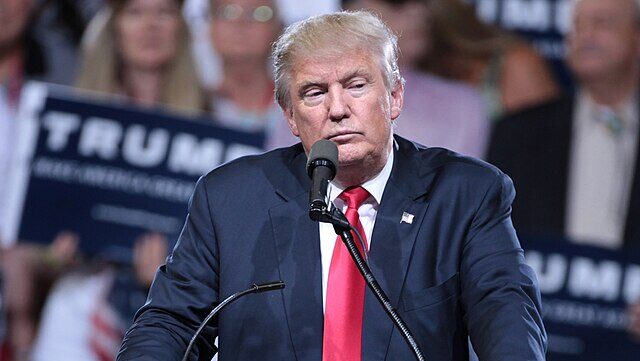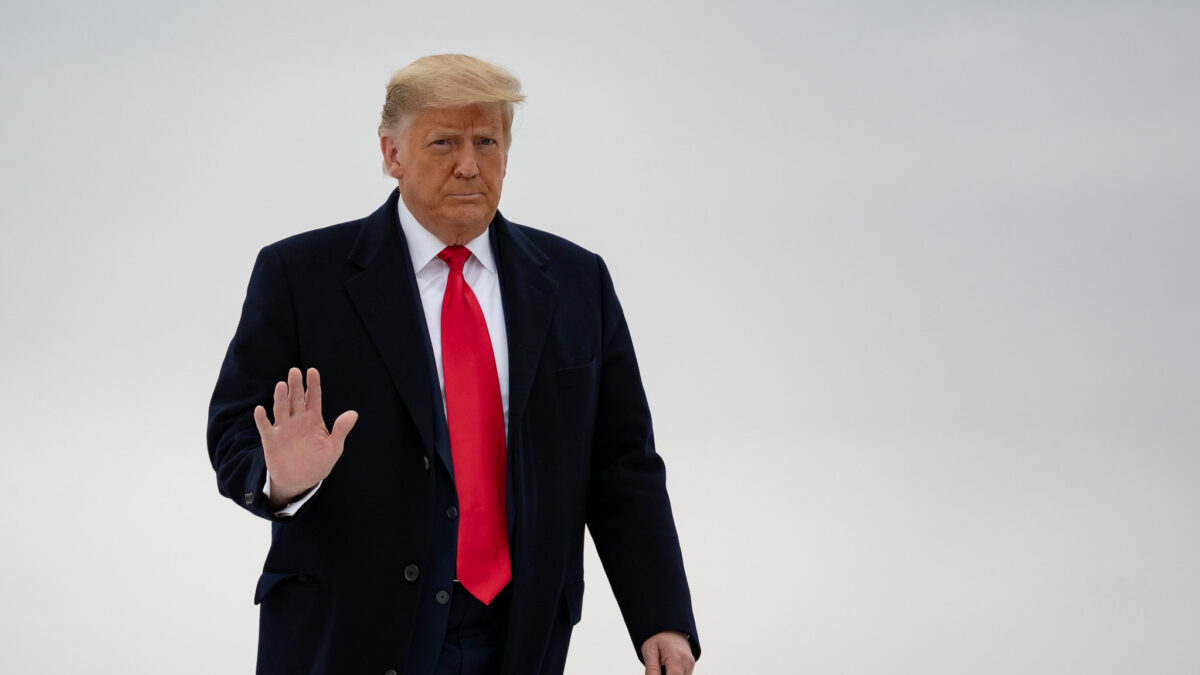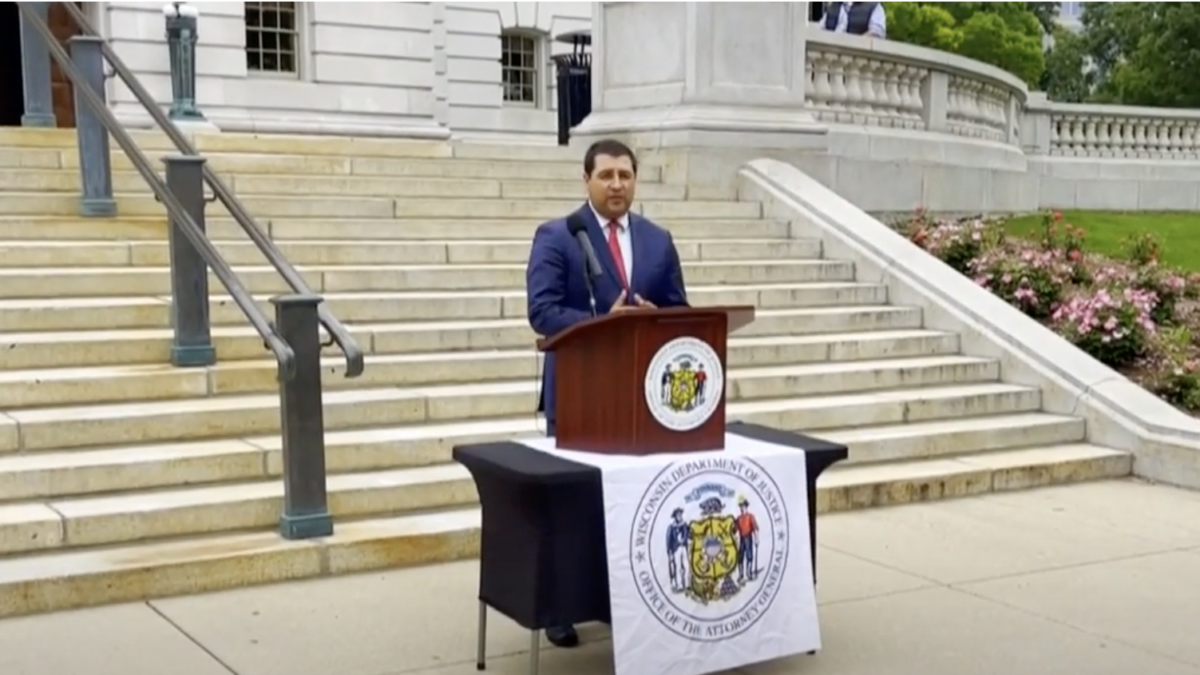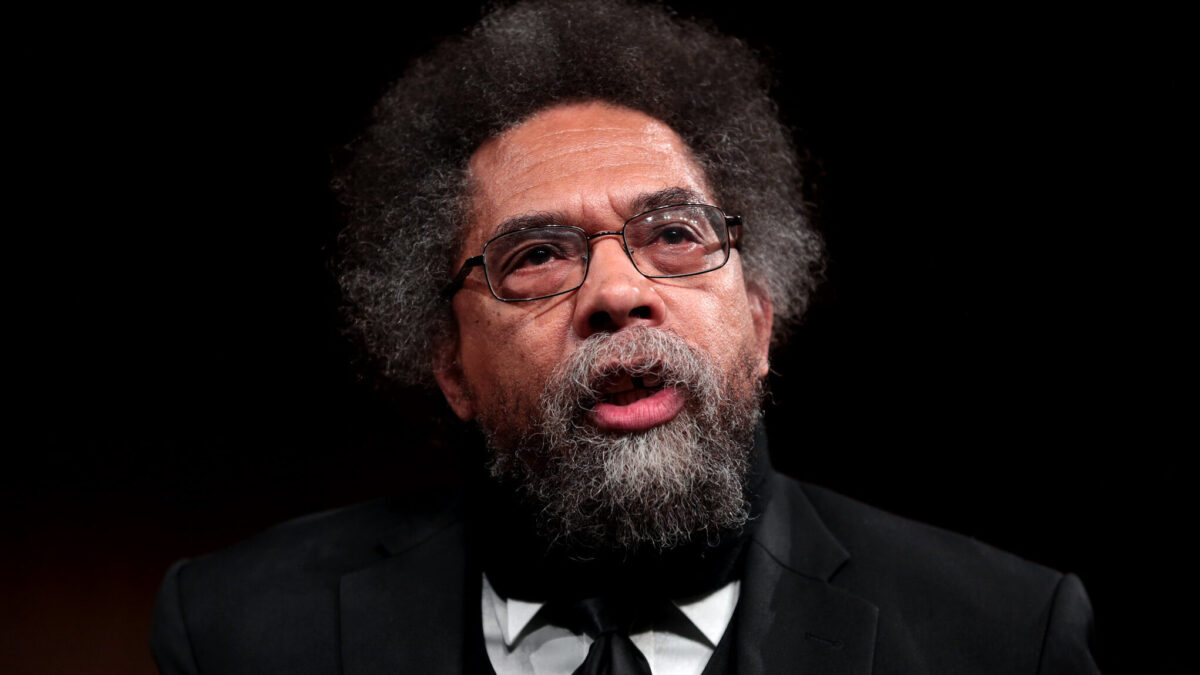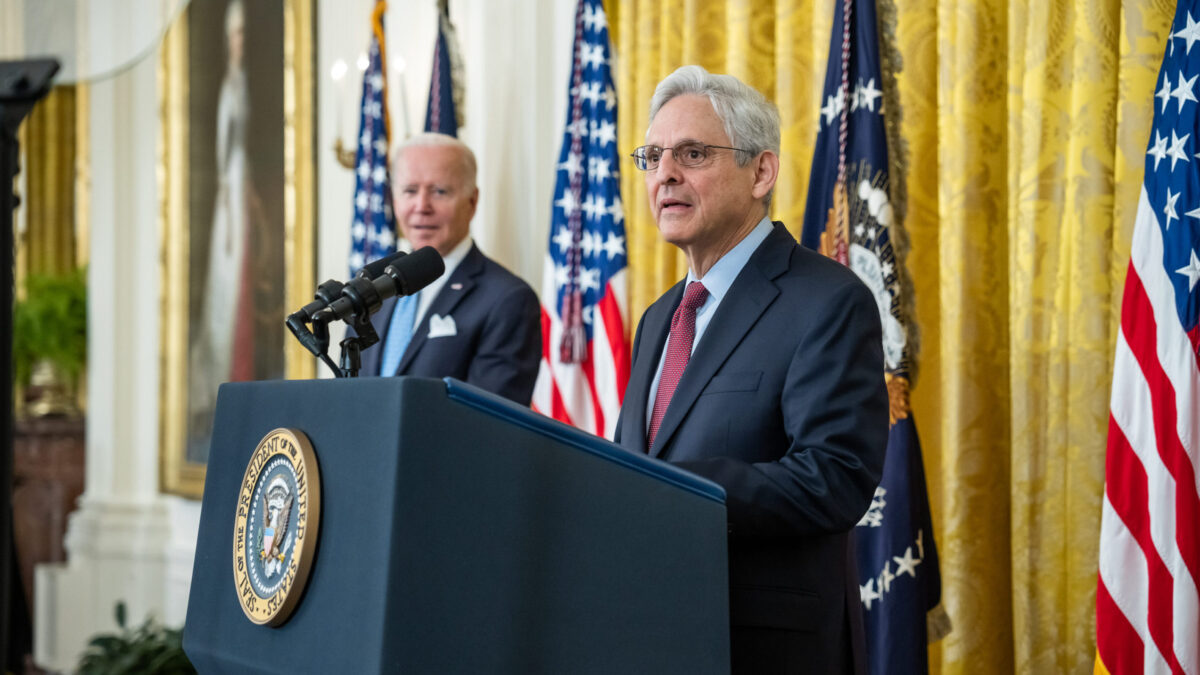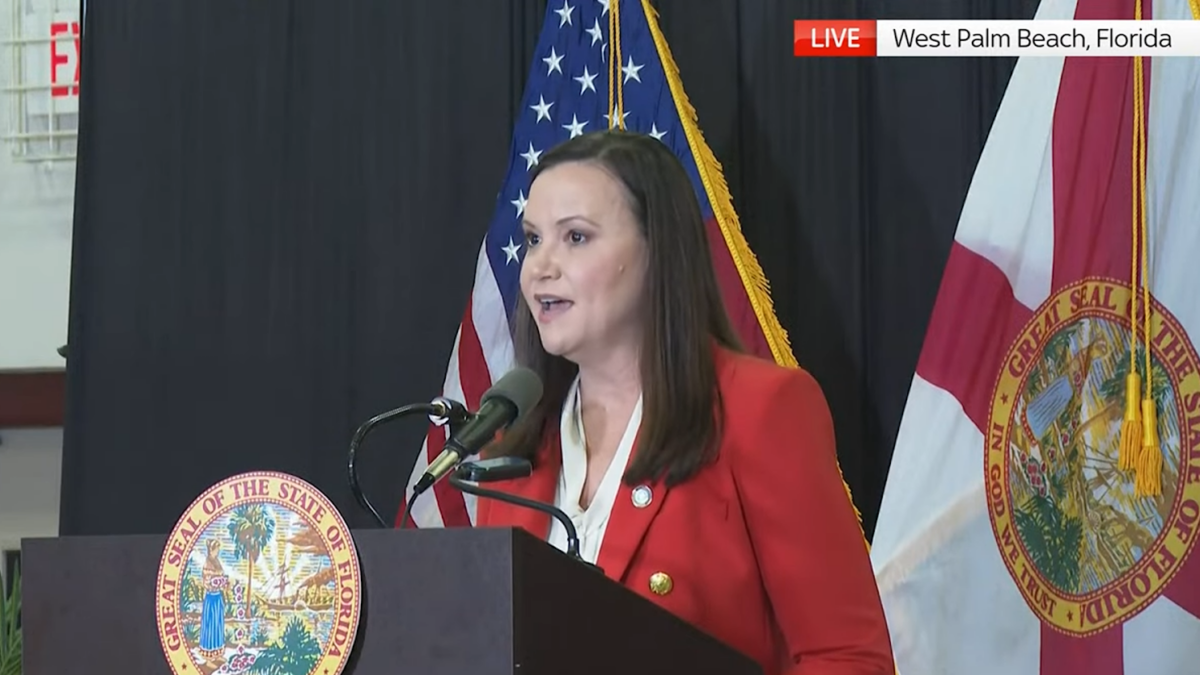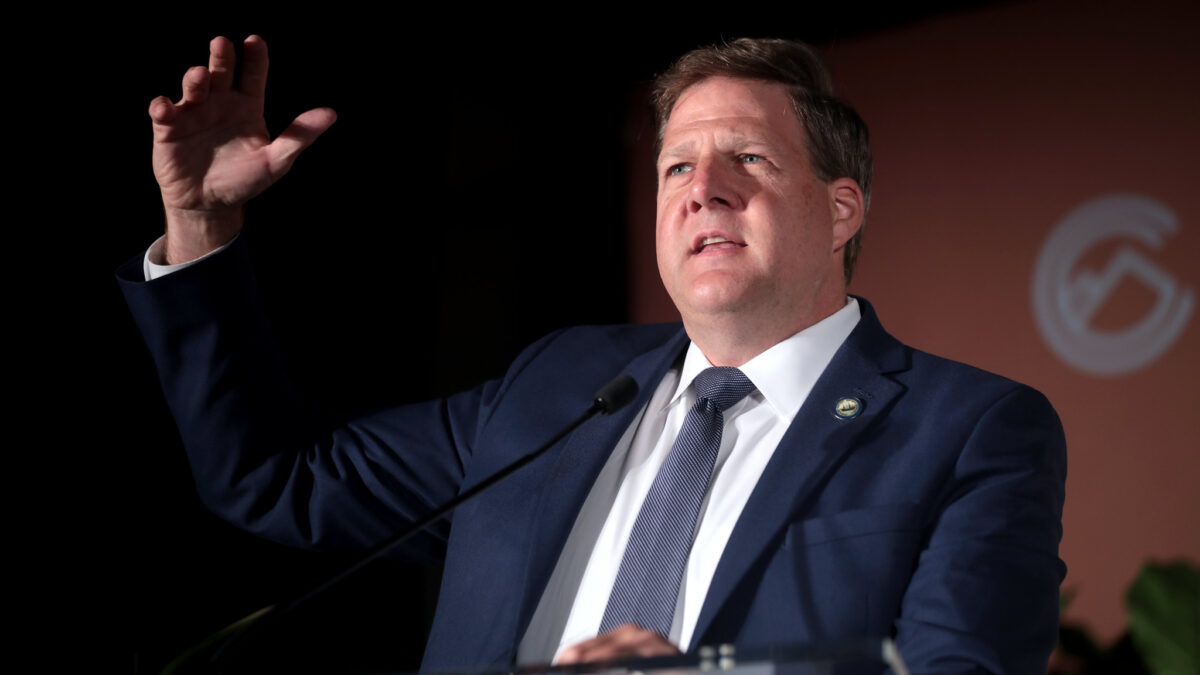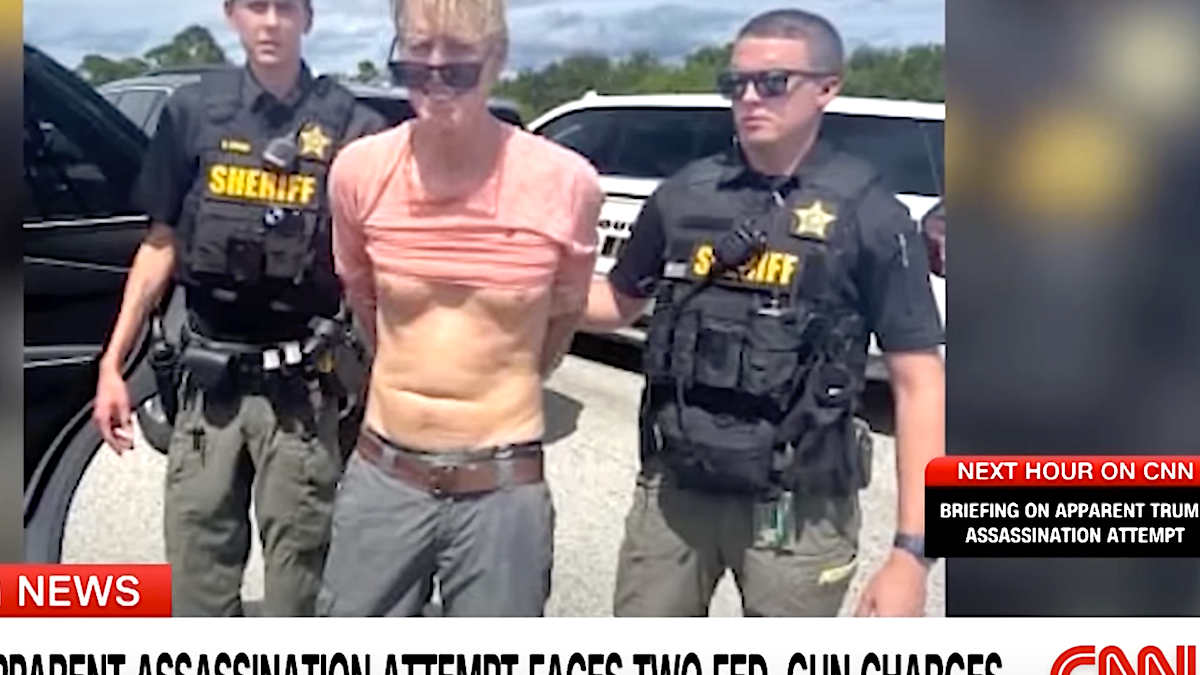After being handed multiple defeats, Special Counsel Jack Smith recently revived two criminal cases against President Trump. In late August, Smith filed his opening brief appealing the dismissal of the classified documents case in Florida, and within a day, Smith then filed a new indictment of President Trump in the Jan. 6 case in Washington, D.C.
Special Counsel Smith is vigorously pursuing these cases in the lead-up to the November election. However, President Trump will not face a trial in either case prior to the election.
In the Manhattan “hush money” criminal case, Judge Merchan delayed sentencing until Nov. 26.
Here’s the latest information you need to know about each case.
Read our previous installments here.
Manhattan, New York: Prosecution by DA Alvin Bragg for NDA Payment
How we got here: Manhattan District Attorney Alvin Bragg — who “campaigned as the best candidate to go after the former president” — charged former President Donald Trump with 34 felony charges for alleged falsification of business records relating to a nondisclosure agreement paid by Trump’s former attorney Michael Cohen to pornographic film actress Stormy Daniels.
This criminal trial concluded on May 30, with the jury returning a guilty verdict that Trump is expected to appeal. The conviction does not affect President Trump’s ability to run for president, though it may present complications with his ability to run a modern presidential campaign.
Latest developments: Judge Merchan delayed former President Trump’s sentencing until Nov. 26. Meanwhile, President Trump’s attempt to remove the case to federal court was denied by the Second Circuit Court of Appeals on Thursday.
Fulton County, Georgia: Prosecution by DA Fani Willis for Questioning Election Results
How we got here: The Georgia state criminal case is helmed by District Attorney Fani Willis, who charged Trump with 13 felony counts, including racketeering charges, related to his alleged attempt to challenge the 2020 election results in Georgia. This case is currently stalled while the Georgia Court of Appeals hears an appeal on whether Willis should be disqualified from the case.
Latest developments: On Thursday, Judge Scott McAfee dismissed two criminal charges against former President Donald Trump after Judge McAfee determined that Georgia state prosecutors lacked authority to bring charges for filing alleged false documents in federal court.
Southern District of Florida: Prosecution by Biden DOJ for Handling of Classified Documents
How we got here: In this federal criminal case, Special Counsel Jack Smith and federal prosecutors with Biden’s Justice Department charged former President Trump in June 2023 with 40 federal charges related to his alleged mishandling of classified documents at his Mar-a-Lago residence. In early May, Judge Aileen Cannon postponed this trial indefinitely.
On July 15, Judge Cannon dismissed the entire case because the appointment of Special Counsel Jack Smith violated the Constitution. Specifically, the appointment was unconstitutional due to improper funding, insufficient appointment procedures by the President and Senate, and a lack of statutory authority to bring the case.
Special Counsel Jack Smith appealed Judge Cannon’s decision to dismiss the case. The appeal is now before the U.S. Court of Appeals for the 11th Circuit, and the special counsel’s opening brief is due August 27.
Latest developments: On Aug. 26, Special Counsel Jack Smith filed his opening brief with the Eleventh Circuit Court of Appeals, appealing Judge Cannon’s decision to dismiss the suit in the district court. The brief argues that “[t]he Attorney General validly appointed the Special Counsel, who is also properly funded” and that by “ruling otherwise, the district court deviated from binding Supreme Court precedent, misconstrued the statutes that authorized the Special Counsel’s appointment, and took inadequate account of the longstanding history of Attorney General appointments of special counsels.”
Washington, D.C.: Prosecution by Biden DOJ for Jan. 6 Speech
How we got here: In this federal criminal case, Special Counsel Jack Smith charged former President Trump with four counts of conspiracy and obstruction related to his actions on Jan. 6, 2021. President Trump’s lawyers have argued that immunity extends to actions taken by a president while acting in his official capacity and that, in any event, the First Amendment protects his right to raise legitimate questions about a questionable election process. The issue reached the Supreme Court.
On July 1, the Supreme Court issued a major decision in Trump v. United States and determined that a former president is entitled “to absolute immunity from criminal prosecution” for “actions within [the President’s] conclusive and preclusive constitutional authority.” These would be actions such as presidential pardons, vetoes of legislation, naming and managing agency officials, and recognizing foreign governments. Further, for anything else a president does that is within the “outer perimeter of the president’s official responsibilities,” there is still a presumption of immunity from criminal prosecution. The scope of what falls within this “outer perimeter” will be determined by a lower court, but presumptively anything done by a president when acting in that capacity, rather than a strictly campaign capacity, could well carry with it immunity.
Following the Supreme Court’s decision on immunity, Special Counsel Jack Smith requested a delay until Aug. 30 to allow prosecutors time to decide next steps in this case. Judge Chutkan granted the delay request.
Latest developments: On Aug. 27, Special Counsel Jack Smith revived this case by filing a new indictment against President Trump. The new indictment accused President Trump of the same four crimes: conspiracy to defraud the United States, conspiracy to obstruct an official proceeding, attempted obstruction and obstruction of an official proceeding, and conspiracy against rights. The indictment was revised to focus on President Trump’s actions as a political candidate, rather than his actions as a sitting President. The revisions come in light of the Supreme Court’s immunity decision, which granted “at least presumptive immunity” for all “official acts” to sitting presidents. But it fundamentally failed to address how the obstruction charges could stand in light of the Supreme Court’s holding that the statute under which these were charged does not intend to mean a “physical” obstruction. A hearing was held by Judge Chutkan on Sept. 5 to discuss how the case would proceed.
New York: Lawsuit by A.G. Letitia James for Inflating Net Worth
How we got here: Democrat Attorney General Letitia James — who campaigned on going after Trump — sued former President Trump alleging that he misled banks, insurers, and others about his net worth to obtain loans, although none of the parties involved claimed to have been injured. Following a no-jury trial, Judge Arthur Engoron issued a decision in February ordering Trump to pay a $454 million penalty. Trump has appealed this decision and posted a required $175 million appeal bond.
Latest developments: No new updates.
